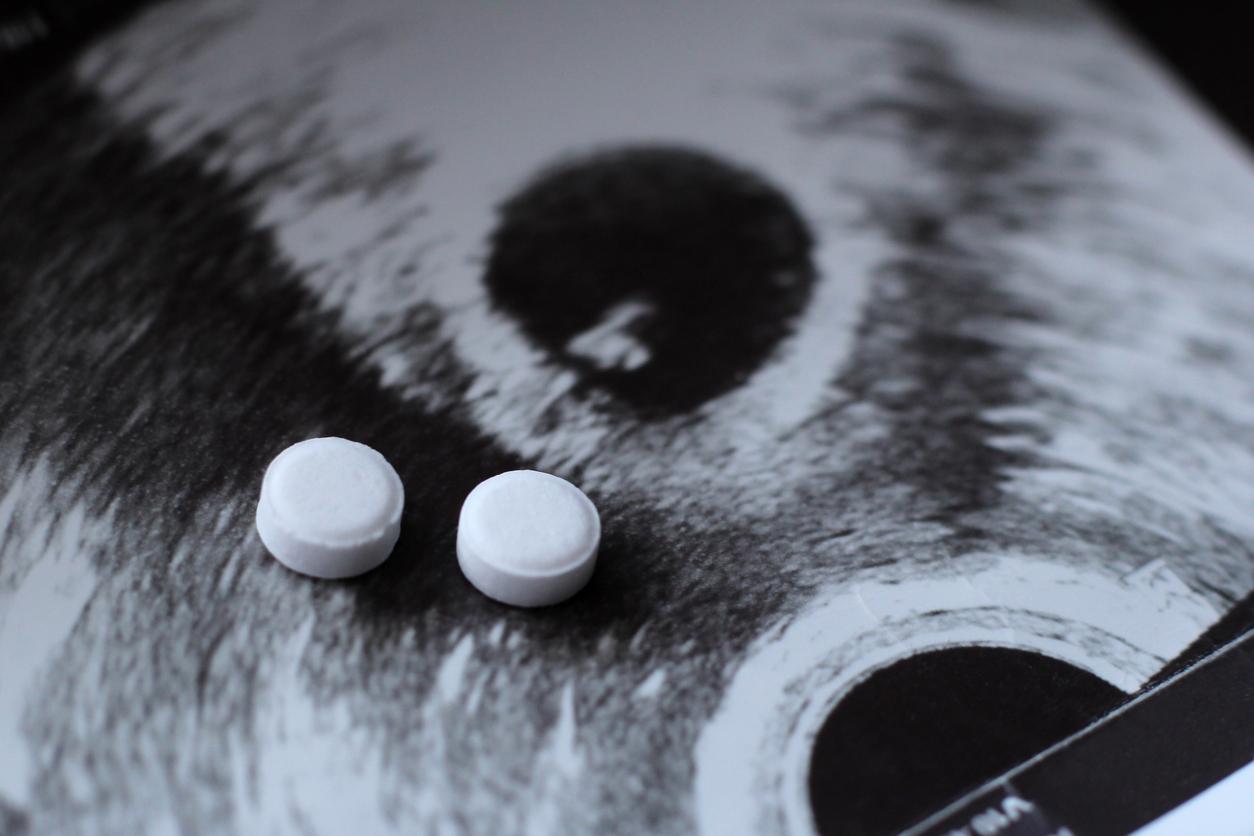Dress warmly
Surely your own mother’s little voice keeps repeating it: cover up! Indeed, when your body mobilizes to face the cold (even a simple draft), your immune defenses decline and you become easy prey to viruses! Take out the winter outfit: long-sleeved t-shirt, sweater, coat, scarf, hat, gloves, high socks and well-sealed shoes.
And inside …
It is not a question of overheating your home to the point of living with bare arms all winter! The ideal temperature is between 19 and 21 ° C. Indeed, beyond the heat promotes bacterial proliferation. If you are cautious (understandable when you move less and less), add a large woolen cardigan to your outfit.
Air your interior
Even if the temperature becomes negative, rain or shine: ventilate your home for a few minutes every day! This renews the air and therefore minimizes the risk of virus propagation.
Pay attention to hygiene
Hand washing (with soap and lukewarm water or an antibacterial solution) before each meal and after each outing or meeting can prevent many ailments!
Watch your diet
The idea is to avoid pump strokes and vitamin deficiencies which weaken and therefore increase the risk of falling ill. For this, 5 fruits and vegetables per day, 1.5 liters of mineral water, protein twice a day (if possible fish), starchy foods at each meal, a varied diet (especially in terms of lipid sources) .
And take care of your sleep
Sleeping about 8 hours a night in a healthy environment and at fixed times allows you to recharge your batteries effectively. If needed, supplement with an afternoon nap.
The remedies to heal you
If your symptoms remain bearable and you don’t have a fever, start by treating yourself with grandmother’s remedies. If you don’t notice any improvement after a few days or if the situation gets worse, see your doctor.
– The anti-sore throat kit : protect your throat with a sling or scarf to sleep, drink an herbal tea or milk sweetened with honey that soothes irritation, suck herbal lozenges or use mouthwashes to disinfect the throat.
– Reflexes in case of a cold : clean your nose with an adequate solution (physiological serum or sea water) and drink plenty of water.
– Plants for healing : Herbal medicine can help you during your pregnancy but be careful, ask a pharmacist specialized in the field for advice because some plants could be harmful. Also beware of essential oils that are contraindicated for pregnant women.
If you have a stomach ache
Split meals and drink lemon juice against nausea, avoid foods that cause swelling (raw vegetables and fruit in large quantities, carbonated drinks, fatty foods, cabbage, peas, etc.) against bloating, favor fibers (in fruits and vegetables but also whole grains) and drink plenty of water against constipation.
Adapt your menus in case of diarrhea (avoid raw and heavy to digest and favor grilled meats, bananas, carrots and rice). In case of intestinal cramps, bet everything on relaxation. Lie on your back and untie your clothes, breathe calmly and massage your stomach. If you are worried about confusing it with contractions, consult your gynecologist without further delay.
Authorized drugs
Some medicines have been studied and are not harmful to your baby. So you can use them when needed. A word of advice: consult your doctor to obtain a suitable prescription. And read the dosage carefully in order to avoid overdose.
For stomach aches, you will be entitled to Spasfon ® for cramps, gastric dressings such as Gaviscon ® in the event of heartburn and certain laxatives in the event of constipation.
For headaches, body aches, fever, your best friend is called paracetamol. If your condition requires it, your doctor can prescribe appropriate antibiotics (many classes are contraindicated for pregnant women).
Homeopathy can also be an interesting remedy during pregnancy. Talk to your doctor. In any case, do not self-medicate as this could have serious consequences for your baby’s health.
Contraindicated drugs
– Many antibiotics.
– Nonsteroidal anti-inflammatory drugs (NSAIDs) from the beginning of the 6th month of pregnancy. Indeed, they are responsible for serious fetal and neonatal toxicity, even fatal.
– Analgesics such as aspirin or ibuprofen.
– Antihistamines and decongestants often used for colds.
















